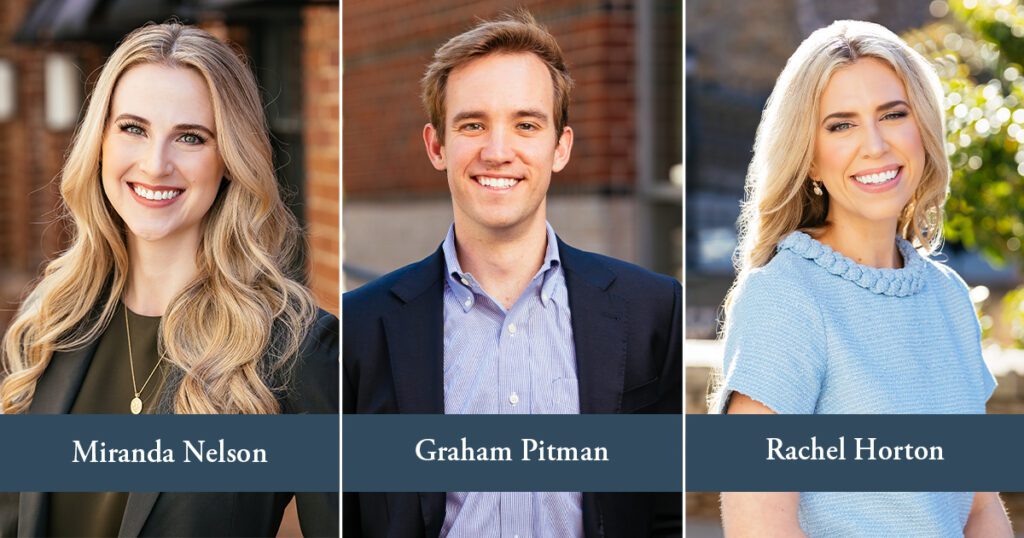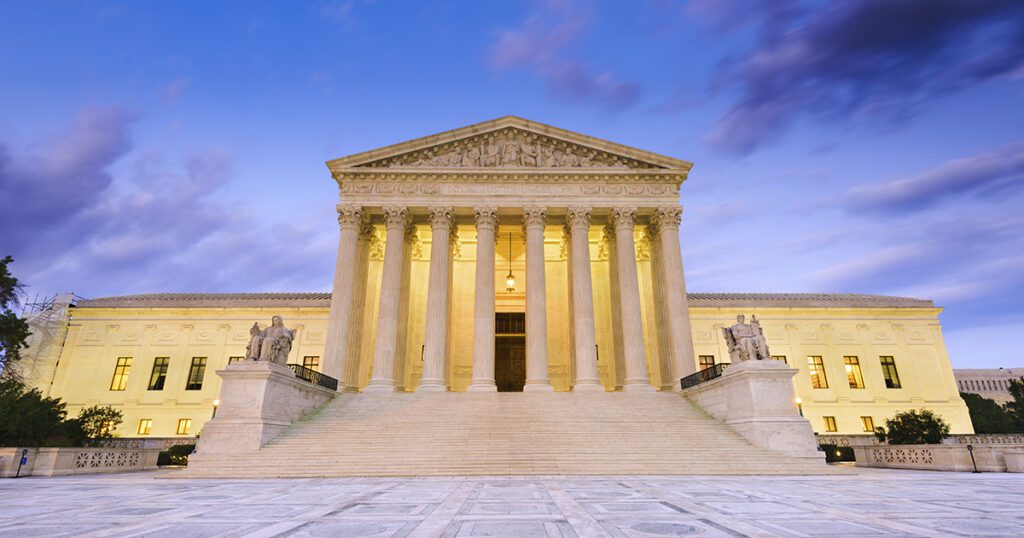Benjamin Franklin famously wrote that the only certainties in life are death and taxes. While it requires some temerity to edit Franklin, I would suggest that we can safely add “human conflict” to the list of certainties. By the fourth chapter of Genesis, Cain had killed Abel, and our conduct has not improved since.
We lawyers specialize in understanding human conflict. Without it, frankly, there would be little need for us. We work within a legal system that has evolved a sophisticated approach to conflict resolution. Quickly, I would invite your attention to three aspects of that system’s approach to conflict: (i) a clear set of rules, applicable to all; (ii) an impartial decision maker; and (iii) a requirement that both sides be able to present facts and cross-examine witnesses before a decision is made. Of course we are talking about a human enterprise, so none of these elements is perfect. Statutes may be unclear. Judges and juries may have biases, or bad days. Some lawyers may not do a good job.
But our society has agreed for centuries that the rule of law, while imperfect, is a better way to resolve disputes than combat, vendetta, or mob action. This is so ingrained, I think, that many of us take it for granted. We should not. We are seeing attacks on the rule of law – culminating in the January 6 storming of our Capitol by a mob intent on interfering with our legal processes – that threaten this pillar of our society.
It is going to require books, not merely a quick essay, to delve into all of the evil that occurred in those few hours. By focusing on the impact on the rule of law I do not mean to ignore or minimize those other evils. But this is something on which we as lawyers are uniquely qualified to comment.
The siege of the Capitol attacked the first aspect of our legal system identified above – universally applicable laws – by attempting to disrupt Congress in carrying out its constitutional and statutory duties, and substituting the preferences of those wielding force. The attack ignored the second (impartial decision makers) by disregarding the multiple and essentially unanimous findings of judges of all ideological stripes that the election was regular and its results were clear. And the attempted insurrection was nurtured by a failure of the third requirement, that both sides be heard before a decision is made; the mob was a product of a growing culture of intolerance, marked by a refusal to consider – or even to listen to – any view with which one disagrees. That culture has flourished in a splintered media environment in which niche voices compete by catering to increasingly narrow markets, feeding each consumer only the news they want to hear, filtering out anything that might be contradictory or uncomfortable.
Again, there are many reasons to repudiate what happened on January 6. But one important reason has to be concern for the rule of law. If the attitudes that led to that attack on our legal processes become the norm, faith in the rule of law will disappear. And we will be left with dispute resolution by combat, vendetta, and the mob. We lawyers recognize that the legal system is imperfect, and it can be bruising. But we are blessed to have it as an alternative to the state of nature, and we must speak up and work to protect this important and vulnerable institution.
I began this piece with a reference to Franklin’s “death and taxes” aphorism. But I didn’t give the entire quote. That context is relevant here, because Franklin, writing in 1789, was warning about the potential fragility of the basis of the Republic. Here’s what he said: “Our new Constitution is now established, and has an appearance that promises permanency; but in this world nothing can be said to be certain, except death and taxes.”
The Constitution and our laws are not invincible. To be sure, they have endured since Franklin’s warning two centuries ago. But they are blessings that we can lose if we do not continue to appreciate and protect them.






